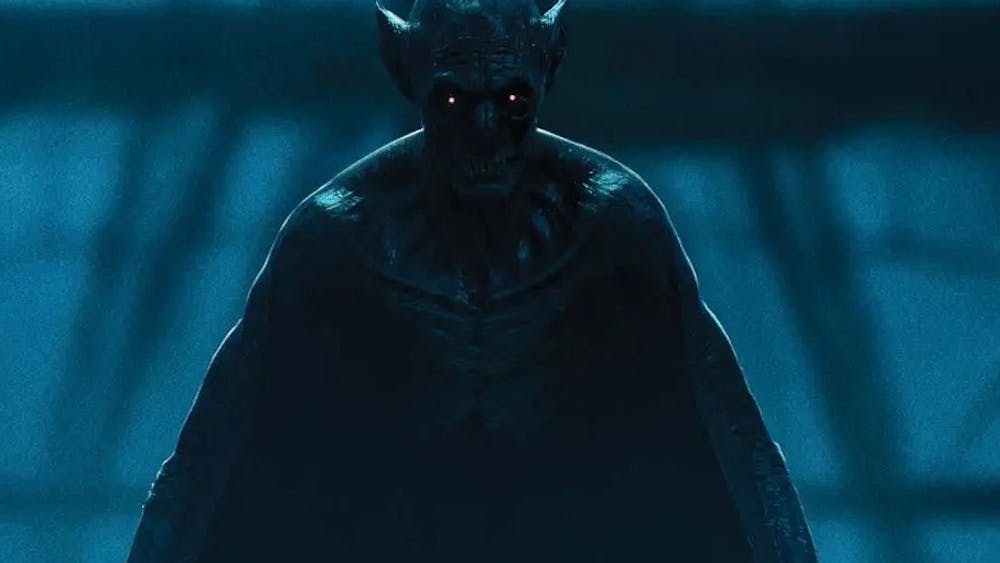Then the term "child prodigy" is spoken, Mozart usually pops into mind. Wednesday night at the IU Auditorium a similar present-day musical child prodigy, though a child no longer, was seen in performance. Lang Lang, the brilliant Chinese pianist whose public career began at five and reached international fame at 17, made an appearance at IU, both to give a concert and to discuss his interpretations with piano students in the School of Music.\nLang chose to begin his concert with the "Abegg Variations," the Opus 1 of Robert Schumann. Lang used this delightfully flashy piece to showcase his talents right from the very beginning. The audience was taken quite aback from such a fluid interpretation done with such confidence at the very beginning of the concert. A similarly flashy work followed with Franz Josef Haydn's "Piano Sonata No. 60." The execution in this work was flawless, done with a precision surpassing even that demanded in Haydn's day. The only awkward moment was a faux pas on part of the audience for clapping between movements.\nAfter these two rather light pieces followed one of deeper emotion and more demanding skill In Frédéric Chopin's "Andante Spianato and Grande Polonaise Brillante." Here Lang unleashed his full capabilities, all but blowing the audience away. He played this very difficult Chopin piece as if it were second nature, making it appear as if it were to him no more difficult than a simple hand exercise.\nAfter an intermission came a newer work -- "Eight Memories in Watercolor" by Tan Dun. This new piece was striking in its own right. Free from the dissonances that are currently the trend in contemporary classical music, this piece was a fusion of Western classical tradition and Chinese-inspired melodic patterns. Lang gave life to these eight short pieces with the same flair he used playing Schumann and Chopin, making the pieces' overall effects very impressive.\nThen followed another Chopin piece -- the "Nocturne in D-flat Op. 27, No. 2." This piece was more deep and melancholic than the other Chopin, so it did much to illustrate the range of Lang's style. To make up for this lost brilliance, though, the final piece chosen was "Reminiscences of 'Don Juan' for Piano" by Franz Liszt, written on themes from Mozart's "Don Giovanni." A piece like this was written to display Liszt's astounding virtuosity at the piano, so it is both flashy and very difficult. Lang, in keeping with his performance thus far, managed to make it a dazzling and impressive finale -- the final explosion of his amazing talent.\nTo say the audience was enthusiastic would be an understatement. After four curtain calls, Lang reappeared for no less than three encores. The first was a slow, heartfelt Schumann piece, "Träumerei." For the second piece, Lang brought out his father, Guo-ren Lang, and the two played a duet, Lang Lang on the piano and Guo-ren Lang on the erhu, a traditional Chinese violin-like instrument. The final piece saw Lang Lang solo again on an arrangement of Nikolai Rimsky-Korsakov's "Flight of the Bumblebee," a very familiar and difficult piece that left the audience a final taste of his immense talent.\nThose who saw Wednesday's performance definitely received their money's worth and more. They saw locally an internationally famed pianist who has played around the world playing some of the most delightful piano music heard this year. It was a definite crowd-pleaser.
Famous pianist astounds audience
Get stories like this in your inbox
Subscribe





